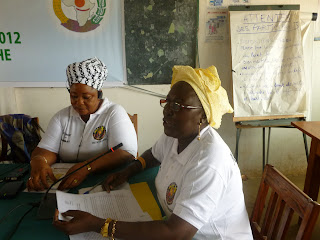StreetNet affiliate, NASVI, has published a "Handbook on Law, Policy and Judgements" affecting street vendors. It brings together all the judgements of the Supreme Court and High Court of India and the specific provisions of Municipal and Police Laws dating back since 1989. It is designed to support the work of lawyers, policy makers and vendors.
Drawn up following two regional seminars held in Bangalore and Patna and a National Round Table held in Delhi, it has counted on the advice of a large number of senior advocates.
NASVI comments that hawkers and and vendors are among the most regulated and taxed sectors of society but their contributions are rarely acknowledged. Sanjay, a fruit seller at a market near Sewa Nagar, in New Delhi, speaks for many when he said "I am not a licence holder; more than half my earnings are given away as bribes.I'm an illiterate, this is all I can do to earn a living. What rights do I have?", he asks.
Licenses (or tehbazari) are issued by the municipality. There are many different forms of license, including a yearly license and a wide range of temporary license. The manner is which licenses are issued is arbitrary and open to bribery and corruption. In some areas, it is the local politician who decides who gets a license. Furthermore, the licenses often do not stipulate the place of trade nor who has issued them. Fake licenses are traded openly. Most hawkers therefore work without a license and tend to accept police harassment or confiscation of goods. Most often, hawkers are compelled to bribe the police in order to regain their goods.
Most of the cases collected in the handbook refer to the right to trade and the issuance of licenses. There are 15 Supreme Court and High Court cases which are reviewed, together with a table of State and municipal laws, impacting on vendors.
 |
| Handbook Published March 2012 |























